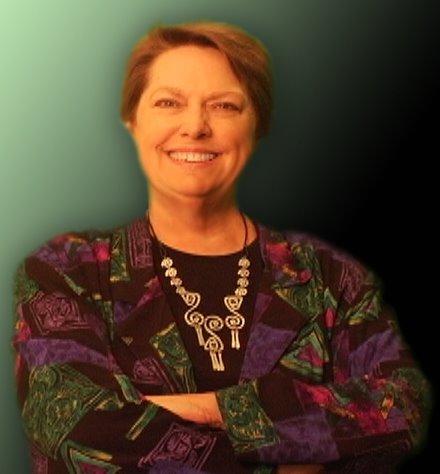
Queen Bee
(Bee keeping) is an unruly, benign kind of agriculture, and making a living by it has such a wild, anarchistic, raffish appeal that it unsuits me for any other, expect possibly robbing banks.
Sue Hubbell A Country Year
The Secret Life of Bees by Sue Monk Kidd made my list of all-time favorite books when I first read it several years ago. I have since discovered that every woman I know who read it also loved it, so I was delighted when I found the CD version on the shelves of my local library last week. Listening to the book in my car seemed like a great way to revisit a beloved book, and I’m enjoying it just as much the second time through.
In the spirit of synchronicity, I was not surprised to see a story about bees on CBS News Sunday Morning yesterday. According to the report, Bees first came to
You don’t have to get stung, however, to reap the benefits of bees. Bee pollen is widely touted (although not scientifically proven) to help with weight loss, relieving allergies, increasing energy and slowing the aging process. I swear by beeswax in my lip balm and hand cream.
When I woke up this morning with excruciating arthritis pain in one hip, I thought about bees. I don’t know a doctor like the one interviewed on the news, who keeps a box of bees in his office for application to afflicted human body parts. Nevertheless, I believe in signs, and I think the signs might be directing me to take another look at bee therapy. It couldn’t hurt.
© Copyright 2007 Dixie Darr. All rights reserved
